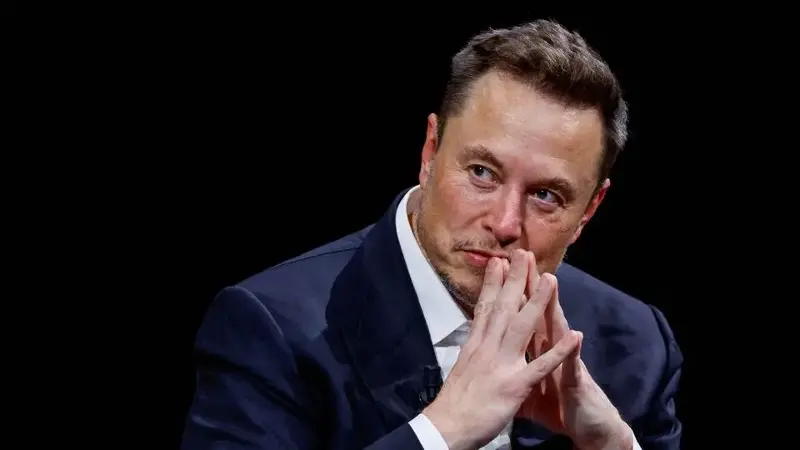
Tesla shareholders have voted to approve the biggest CEO pay package in corporate history, a deal that could make CEO Elon Musk the world's first trillionaire. Valued at up to $1 trillion over 10 years, the package hinges on Tesla meeting a series of ambitious performance targets, including selling one million humanoid robots, the company announced on Thursday.
If Elon Musk hits all the milestones, he stands to gain more than $500 billion, boosting his current net worth of $461 billion, according to the Bloomberg Billionaires Index.
Despite Tesla's brand taking a hit among left-leaning consumers due to Elon Musk’s political affiliations and his role in the Trump administration's Department of Government Efficiency (DOGE), his wealth has continued to grow this year.
As protests and falling revenue hurt Tesla's sales in the first half of the year, Musk has shifted focus towards developing robots. He is betting on products like household servant robots and self-driving robotaxis to revive growth. However, CNBC reports that neither product is ready for market, droids remain unavailable for order, and robotaxis require employees in the vehicles for safety.
What Elon Musk must achieve to get paid
In order to receive the full value of the compensation package, Elon Musk must achieve certain targets. It also depends on Tesla fulfilling a series of operational targets and reaching a certain market value. Here are the conditions that the chief executive must achieve:
— Vesting period: Elon Musk must remain the Tesla CEO for seven and a half years in order to vest in any shares from the new pay package, although the agreement allows him to continue in his other CEO roles at rocket company SpaceX and artificial intelligence startup xAI.
— Targeted share value: The package would give Musk shares worth up to 12% of the company if Tesla’s market capitalization rises to at least $8.5 trillion. He is already Tesla's largest shareholder.
— Operational milestones: To secure the full 12% of the company, Tesla must meet the 12 operational milestones. These include delivering 20 million Tesla vehicles, reaching 10 million active subscriptions for its Full Self-Driving service, producing one million robots, deploying one million robotaxis in commercial operation, and meeting eight separate profitability benchmarks.
— Succession planning: The agreement also requires Musk to “develop a framework” for the eventual succession of a new Tesla CEO, though it does not set out a timeline for Musk to leave the CEO's role.
Elon Musk currently takes no salary. His compensation is entirely in stock options and tied to Tesla's performance. If the company hits its targets, Musk's shares could be worth $1 trillion, assuming the company reaches the $8.5 trillion market cap, CNBC reported.
Why Elon Musk wants control
Elon Musk has framed the deal as more than just financial. He sees it as a way to maintain control over Tesla and its products, particularly its robotics ambitions.
“If I go ahead and build this enormous robot army, can I just be ousted at some point in the future? That’s my biggest concern,” he said last month in a webcast with Wall Street analysts.
He emphasised that he wouldn't feel comfortable in building a “robot army” unless he maintains strong influence over the company, CNBC reported.
Shareholder support and public reaction
More than 75% of shareholders voted in favour of Musk's pay proposal, but Tesla has yet to release the final vote tally, which it plans to detail in a forthcoming SEC filing, CNBC reported.
In the weeks leading up to the vote, Musk’s fans, ranging from small retail shareholders to prominent Silicon Valley investors, took to his social media app X to voice their support of the pay package, arguing that he earns nothing unless he makes the company more valuable.
